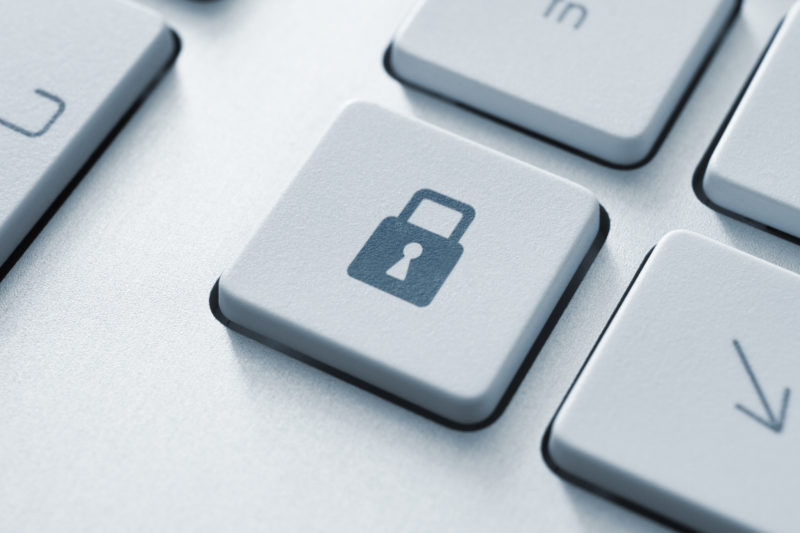In the calendar there are dates with Indian Day, tree day, Valentine's Day, friend's day and so on. Every date has its importance and reason to exist, and on May 4th, World Password Day is celebrated, a very important date to talk about information security in companies and the risks that the internet offers, which has been growing and causing more and more damage to companies and users on the network.
World Password Day has emerged from the encouragement of companies concerned with the security of internet users, who are increasingly unprotected and susceptible to virtual attacks, phishing , ransomware , among other crimes on the Internet.
Being a great care with passwords is not something that should be done a few times, but becoming a habit, because it is with them that you and your business protect your data, access your email, internet banking, among other important services that should be confidential.
Check out some ideas and tips on passwords, to start using today:
- Avoid using very easy or predictable passwords, such as names, birthday dates, automobile card, phone number, address, etc.
- Be careful not to enter your password in the “login” field, especially in public computers.
- Use a password manager, as this is easier to decorate your passwords and vary them in a short time.
- Use different passwords for each email or social network you use.
- Always prefer to enter your password to save it on connection screens or mail program. Thus, “surprises” will hardly occur, such as unauthorized access to the internet from your account.
- If the site proposes to use a second authentication factor, such as the tokens we have to do banks operations, then accept without thinking about it times.
- Do not use names or terms that are in the dictionary, no matter which language it is. Today there are lists of electronic dictionaries with these registered names.
Strategies for creating passwords
- Use as a general rule, at least eight characters. The larger the password, the harder to discover.
- Use uppercase and lowercase letters, numbers and at least a special character (!@#$%^*() _+=). Avoid character repetition.
- Use the initials of a proper size phrase containing uppercase, lowercase and some more special character. In addition to enabling good passwords, it helps to remember them.
- Use short, concatenated and modified words, also containing numbers, connected by punctuation signs. It also makes it easier to remember the password.
- Invent a meaningless word, but that is sound and easy to remember, also applying some modifiers.
Unfortunately, a good part of internet users still use passwords as a sequence of keyboard numbers or keys, these passwords are easily discovered by existing criminals and systems for passwords.
Good practices in the use of passwords
- Do not “lend” your password to anyone. And that also means not to share your accounts, whoever you are. Always remember that you are the one who will answer for her, in case of problems.
- Change your password periodically. Again, use common sense for periodicity. “Pet passwords” will usually bring you problems.
- Do not reuse your previous passwords.
- Use password management programs. Do you have about 10 passwords? Okay, you may even need to write them down somewhere. There are certain specific programs that do this. In these programs, a “master” password allows access to others, which are encrypted in a file.
- Keep your computer free from malware (viruses, spyware and others). Many of them can capture your passwords and data, making all the care you have had so far, and endangering all your accounts.
These practices should also be followed in corporate environments, where access to servers and important data from the company are available to multiple users. It is essential that your company has a policy for password management.
You can also download the Guide for Creation and Management of User Accounts and Safe Passwords and share between your team and friends.
If you put all the tips for password creation into practice, you will surely be able to keep the security of your data and usernames. Take advantage of #DasEnha2017 and make a “revolution” in your passwords to improve your security and your business, avoiding problems with existing threats on the internet.











